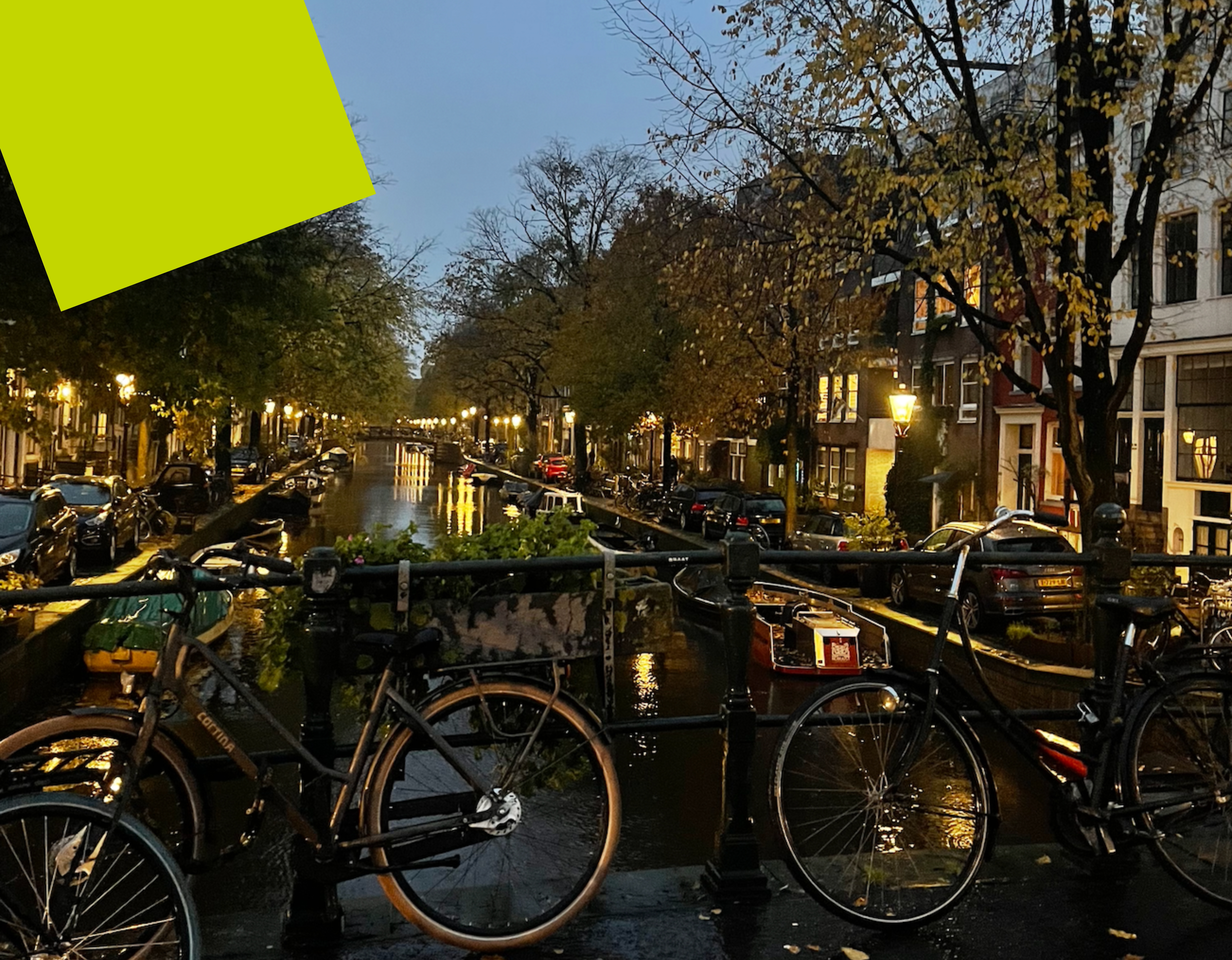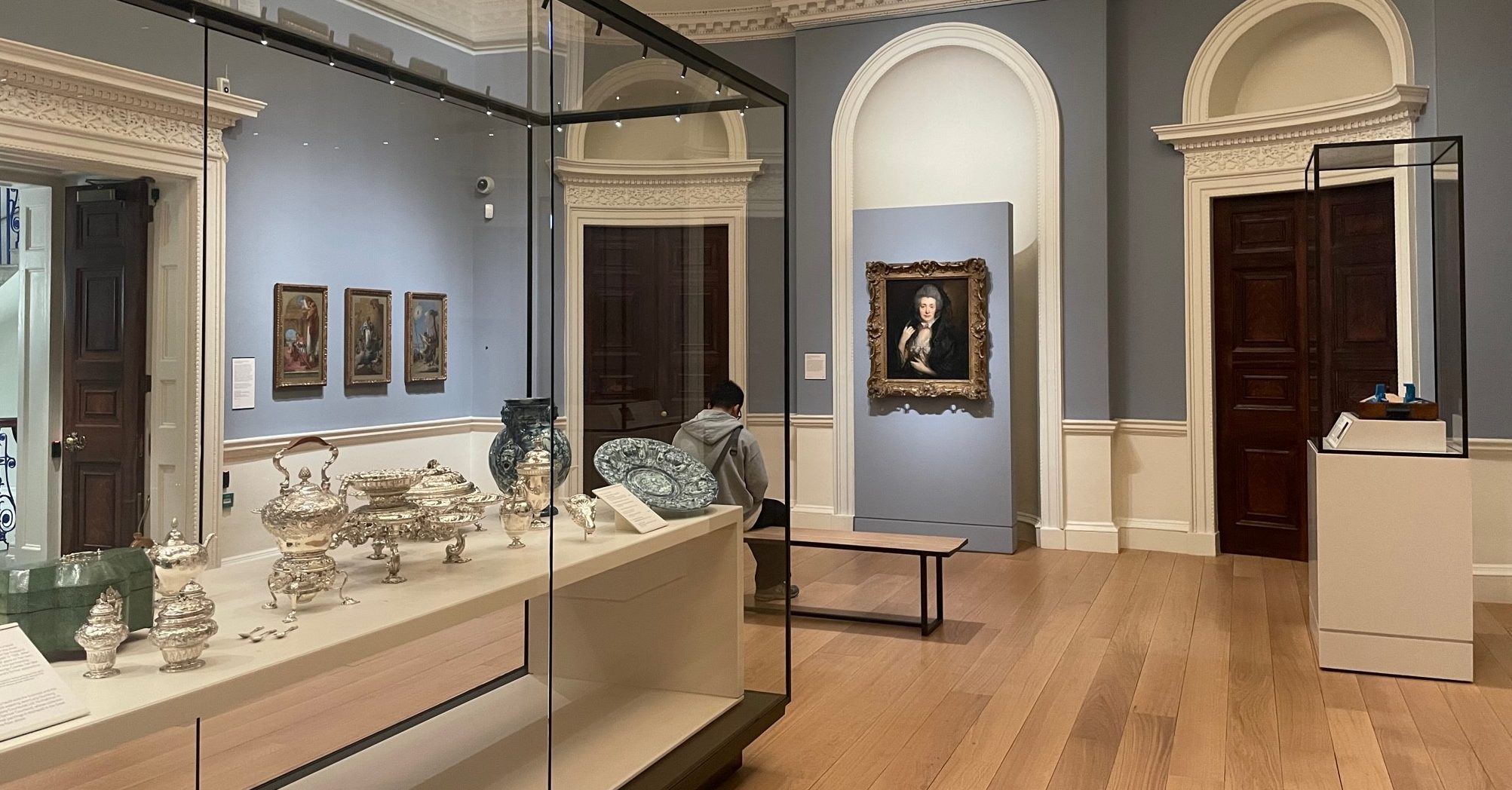In the hustle and bustle of London’s Chinatown, there is a small yet homely place that most Southeast Asian students would have heard of – Rasa Sayang. Any food enthusiast would have probably heard about the culinary offerings of Southeast Asia, and Rasa Sayang presents an array of famous yet diverse options of Southeast Asian cuisine. From the famous chili crabs to the mouth-watering sambal kangkong belacans, every visit to this restaurant evokes a memory of home for me as a Study Abroad student. If you are a self-professed foodie, perhaps a trip down to Rasa Sayang may spice up your taste buds and introduce you to a whole new world of Southeast Asian cuisine! Here are some menu recommendations that you can explore:
Beef Rendang
With its origins in the Minangkabau ethnic group of Indonesia, beef rendang is a popular dish across Singapore and Malaysia. The beef is slow-cooked in a rich coconut-milk based curry with a myriad of spices and aromatics characteristic of many Southeast Asian dishes. The tenderness of the beef at Rasa Sayang absorbs this complex layer of flavour, which adds on to the dining experience. The serving is hearty, and Rasa Sayang offers the traditional flatbread or roti as an accompaniment to the dish. Without a doubt, this is one of my go-to recommendations for those who might be new to the region’s cuisine, and it is definitely one of the more popular selections on Rasa Sayang’s menu.
Salted Egg Prawns
For a good period of time, salted egg products were seen as a fad in many Asian countries. However, salted egg prawns is a popular dish in many Asian cuisines, particularly that of Singaporean and Malaysian cuisine. The prawns are usually deep-fried, and then tossed in salted egg yolk sauce. The salted egg yolk sauce is rich and as the name implies, salty, but the sweet flavour of the prawns evens out that saltiness. The balancing of the two contrasting tastes in the dish highlights both the naturally succulent flavour of the prawns with the intricate seasonings in the salted egg yolk sauce, taking your taste buds on a wonderous journey!
Sayur Lodeh
For the vegetarians and vegans, one of the more comforting facts to know about Rasa Sayang is that it has a range of vegan and vegetarian options too! For one, the sayur lodeh is something that you shouldn’t miss out on. It is a type of vegetable curry popular in Indonesia, consisting of a variety of vegetables including cabbage and carrots, as well as tempeh (fermented soybean cake) and then simmered in a coconut milk-based broth. The addition of spices including turmeric and lemongrass creates a curry that is not only aromatic, but has a creamy taste to it. Rasa Sayang taps on the customisable aspect of the dish by adding a side of long beans and glass noodles to the curry. Often a popular choice for family meals, sayur lodeh essentially captures most of the core elements of Southeast Asian cuisine.
Overall, Rasa Sayang is a must-go restaurant for most Southeast Asian students, and can be an interesting food experience for those who are not. The typical Southeast Asian cuisine relies heavily on aromatics, and the different combinations of these spices in different dishes always brings something new to the tables. On top of the food itself, it is the setting of the restaurant that completes the entire dining experience. The interior models a typical eatery in Singapore and Malaysia with its décor and warm lighting, and the cosiness of the restaurant is reminiscent of the strong hawker culture that is omnipresent in most parts of Southeast Asia. If you’ve yet to check out Rasa Sayang, consider it as a weekend foodie getaway soon, and I hope that you’ll have an unforgettable dining experience!





